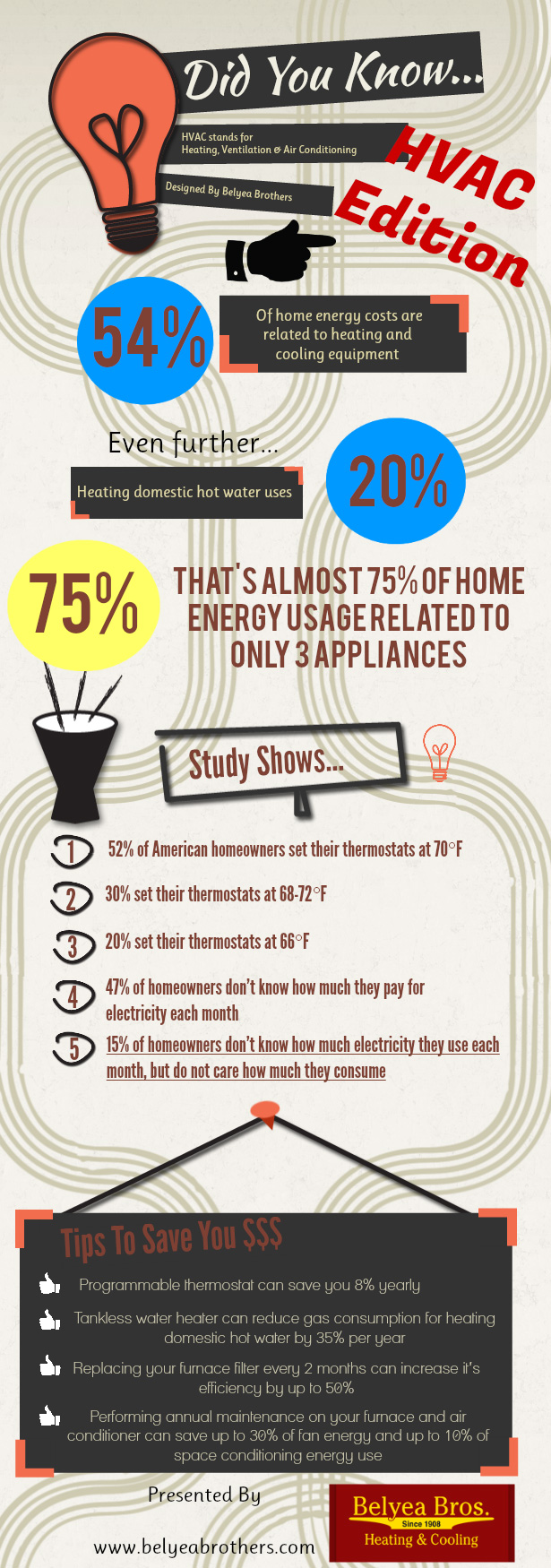Heat Pump Vs Furnace - Which Is The Better Home Heating Option For Your Home?
Heat Pump Vs Furnace - Which Is The Better Home Heating Option For Your Home?
Blog Article
Content Author-Bonner Smith
Several property owners are familiar with heating systems, which warmth homes with oil or natural gas and press hot air with ductwork. They are reasonably economical and can supply dependable home heating also throughout a winter months power outage.
However, they use fossil fuels and create carbon monoxide gas and other air contamination. They also aren't as energy-efficient as a high-efficiency heat pump.
Cost
Usually, heatpump are a lot more budget-friendly to run than heating systems. They generally use power and refrigerant to extract heat from outside air, and then transfer it right into your home. You can make the most of more affordable electrical energy rates during off-peak hours to further reduce your home heating prices.
Unlike heat pumps, gas or wood-burning heating systems make use of combustion to create heat, emitting flue gases right into the ambience that can be hazardous to your health. These heaters are also less energy-efficient than heat pumps, and their higher operating costs can add up in time.
Furnaces are much more difficult than heat pumps and require routine upkeep to make sure the proper feature of all parts. Despite this, they have a tendency to last longer than heatpump with a common life expectancy of two decades or more. However, you'll need to factor in the expense of gas, fuel oil or timber and the additional equipment required for installment and procedure such as ducts and ventilation systems.
Energy Performance
Heat pumps have a higher power efficiency score than heating systems. These systems use power to feed on heat from the air, even in freezing temperature levels. They can also eliminate excess warmth from the home throughout warmer months and recycle it to cool the system. https://rrecord.com/irvington-umc-plans-meatloaf-dinner/ can aid you figure out the best design for your online on climate and resource power costs.
Furnaces melt gas oil, propane, gas or other types of nonrenewable fuel source to heat the air in the home. This air is after that dispersed through ductwork using a large fan. Heating systems generate greenhouse gases and call for routine upkeep and equipment upgrades to make certain safe procedure.
The greatest benefit of a furnace is that it can be run also in severe winter months conditions due to the fact that it does not count on outdoor temperatures to warm the air. Heating systems additionally have a longer lifespan than heatpump and generally last 15 years. They can also be coupled with twin gas alternatives, which pick the most effective home heating choice based on the climate.
Climate
Heat pumps work well in modest climates and utilize less resource power than heaters. However, if your area is extremely cold, you may need to purchase a typical gas heater instead.
Heaters give warm, comfortable heat and normally provide rapid home heating to raise interior temperature levels. These systems can be used with a selection of fuel kinds, including natural gas, propane, oil or power.
They consume extra energy than heatpump-- approximately 3x as much-- and require ductwork that's pricey to install or retrofit. They're likewise a lot more pricey to keep, as they can cause air quality concerns and create greenhouse gas exhausts.
If you're dedicated to minimizing your carbon impact, a heatpump is a good selection for your home. heat pump specialist near me have fewer greenhouse gas emissions than furnaces, especially if you select an ENERGY CELEBRITY ® heatpump. Your local Service provider expert can discuss the distinctions between these 2 heater and assist you make the best choice for your distinct needs.
Personal Preferences
Furnaces can be extremely energy reliable when powered by natural gas, gas or oil, however they aren't as power effective as heat pumps in freezing environments. They can additionally be much more pricey to mount, needing gas lines and ventilation systems.
Nonetheless, furnaces have a tendency to call for less upkeep, which can result in lower ongoing expenses. They create fewer greenhouse gases and are a lot more trusted than heat pumps throughout severe climate.
Electric heatpump are more flexible in producing indoor comfort due to the fact that they can likewise work as a/c throughout warmer months. They can be easier to maintain, requiring just regular air filter changes and occasional vacuuming.
If you favor the ease of a single system that does it all, consider a hybrid home heating solution that sets a heater with an electrical heatpump. These systems can immediately switch in between both heating alternatives based on your home's demands and temperature level conditions, making the most of efficiency and financial savings.